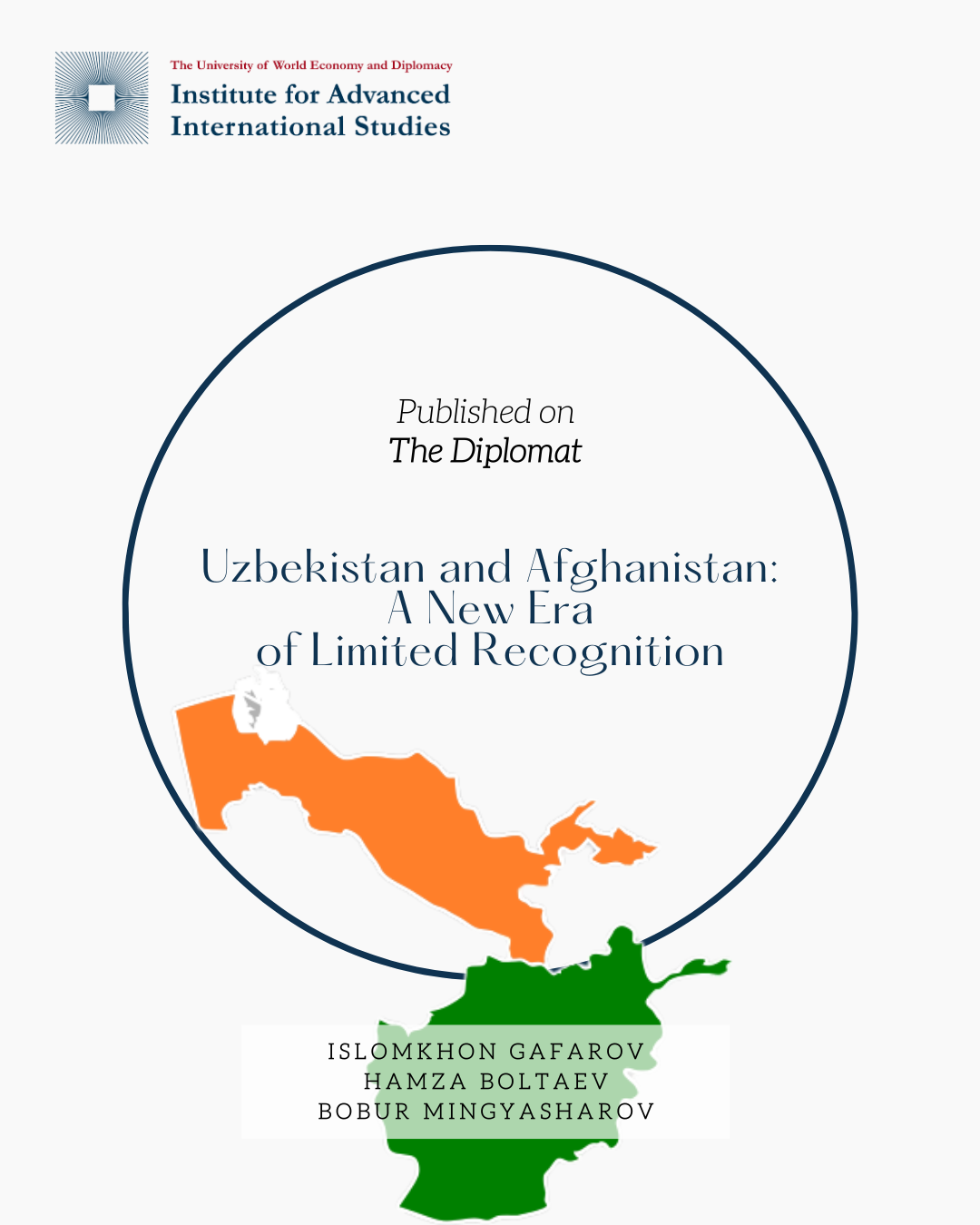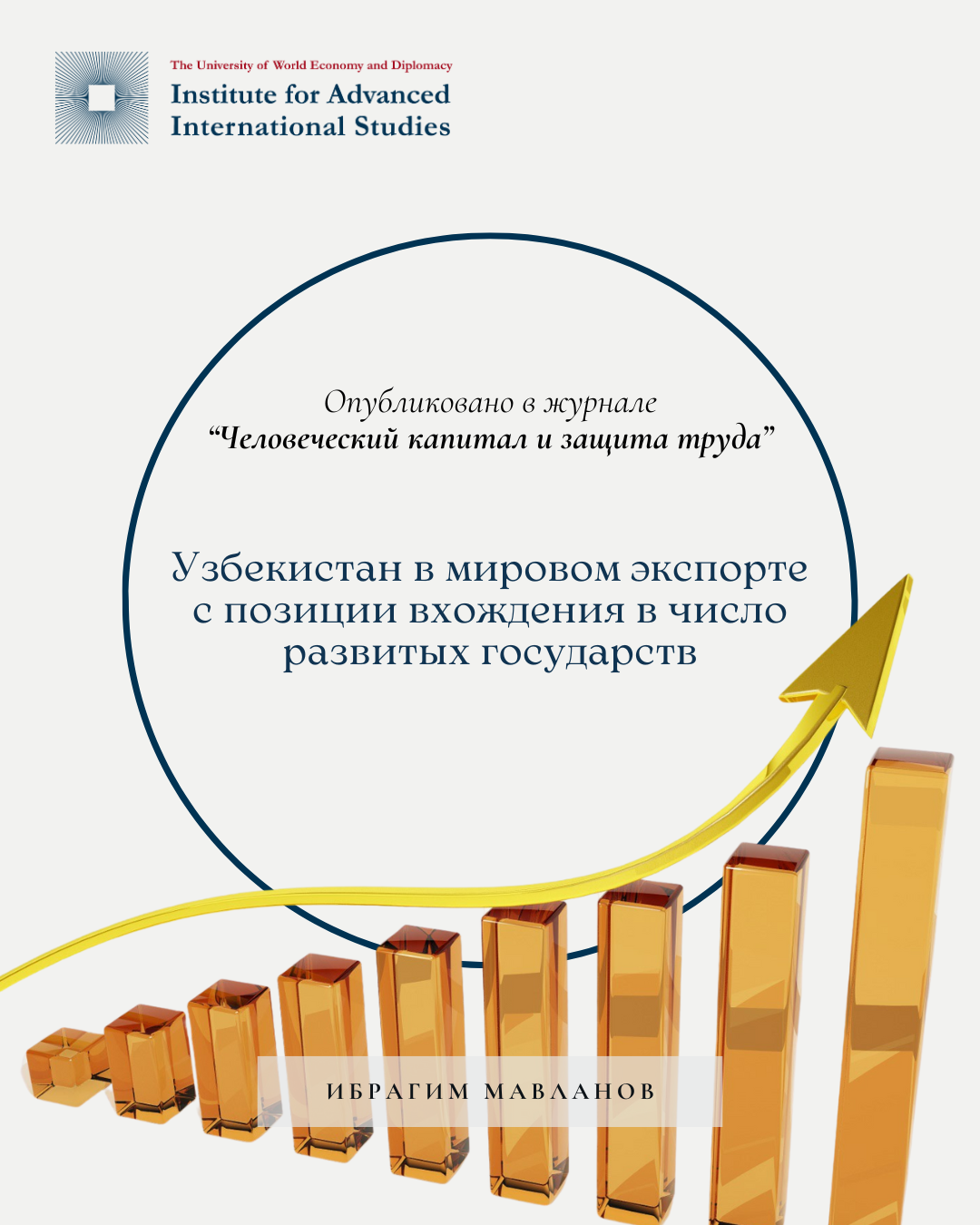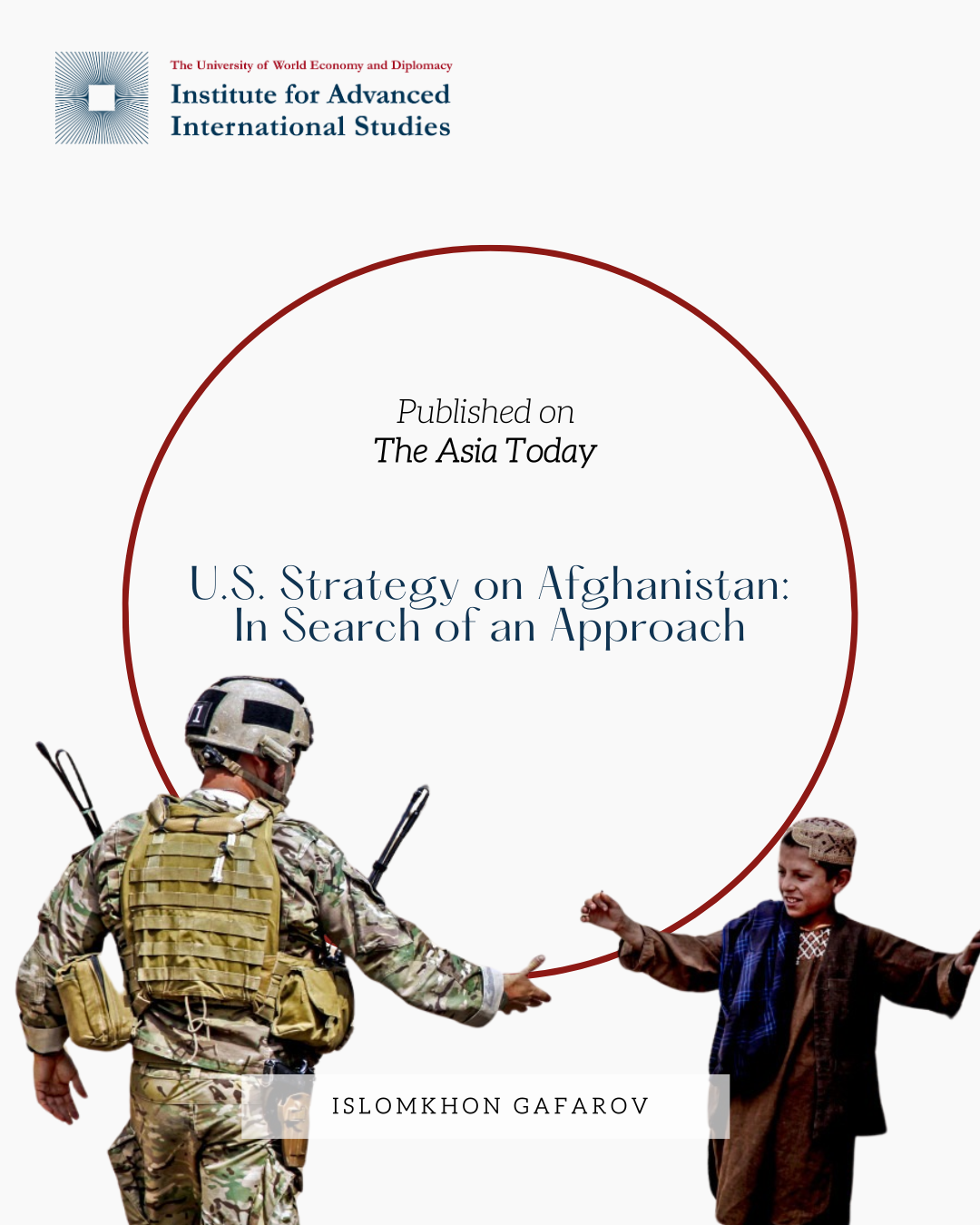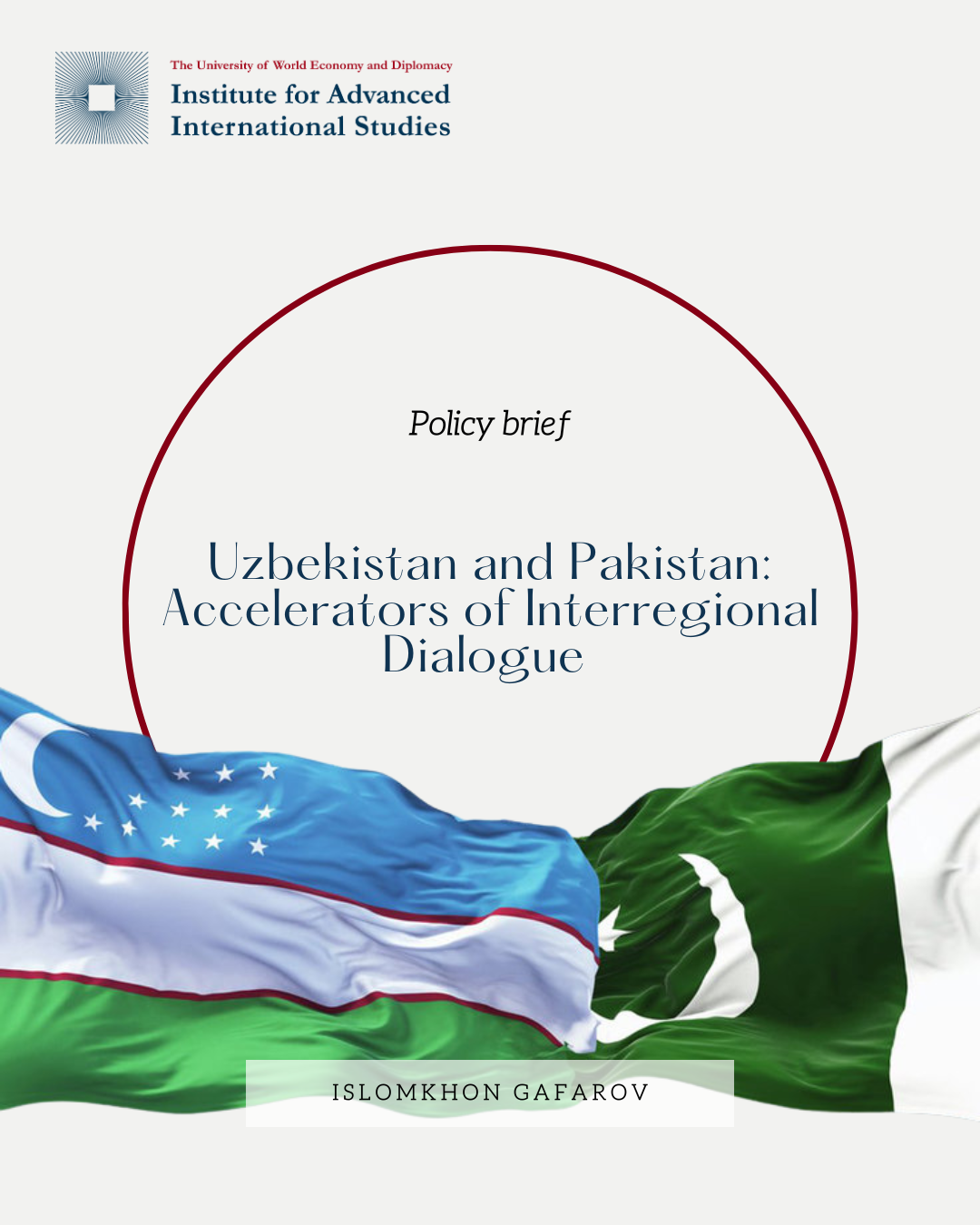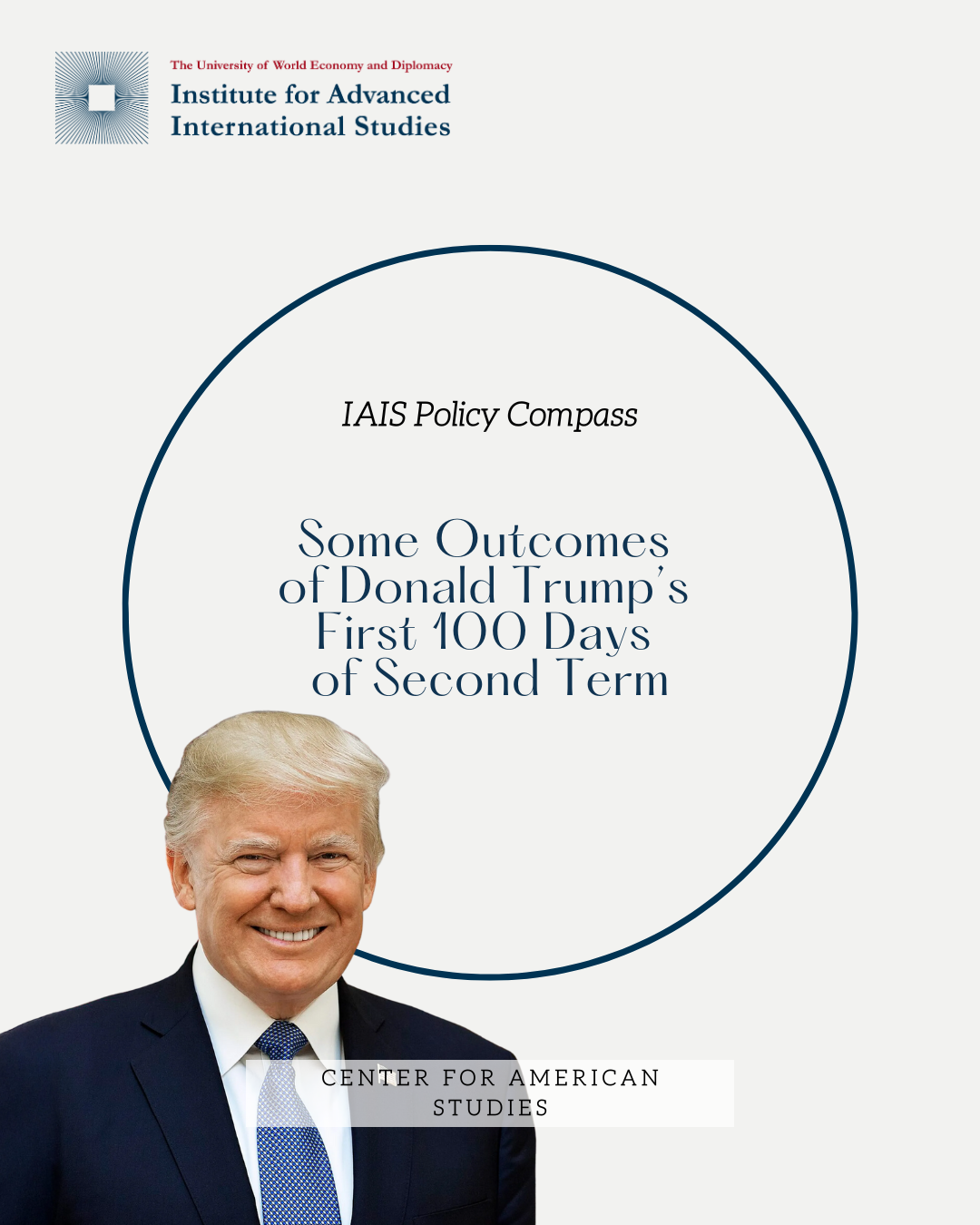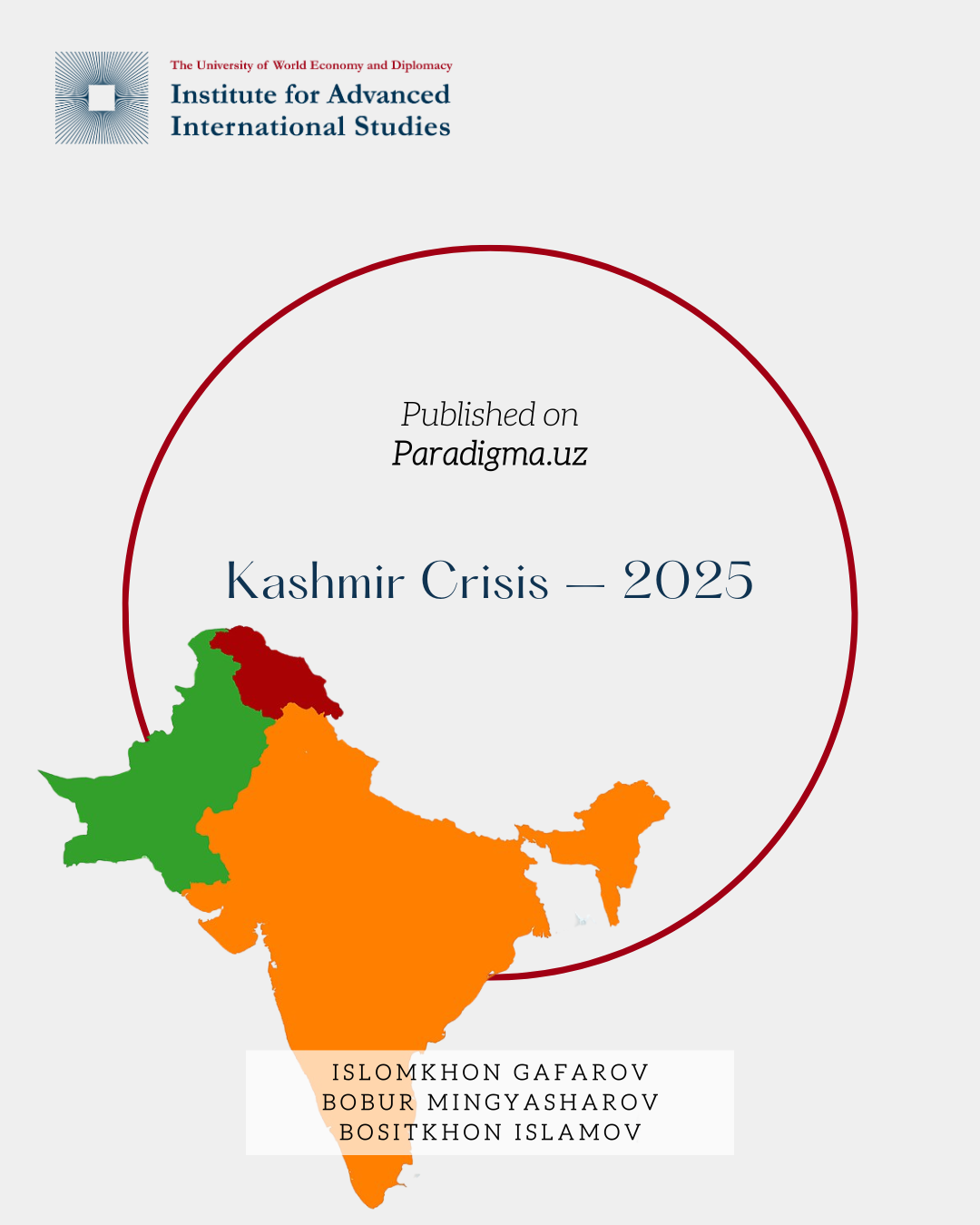The 100-day mark of President Donald Trump’s second term has been defined by an extraordinary pace of executive activity, sparking intense debate both within the United States and across the international stage. At this juncture, political analysts and journalists alike have turned their attention to the trajectory of Trump’s approval ratings, the cohesion of his cabinet, and the administration’s early legislative and executive milestones.
Operating within the framework of the conservative “Project 2025” – an ideological blueprint for restoring traditional values and consolidating executive power – Trump launched a wave of sweeping reforms under the banner of “Make America Great Again”. His domestic policy agenda has been marked by what observers have dubbed a “Trumpian restructuring”: a concerted effort to downsize the federal bureaucracy, challenge prevailing socio-cultural norms, and redirect the nation’s economic strategy.
Note: Project 2025 is a set of conservative policy proposals aimed at overhauling the federal government and expanding presidential authority, developed by the Heritage Foundation and released in April 2023 in anticipation of the 2024 election.
Pursuing a strategy of “flooding the zone” — a deliberate inundation of executive actions to disorient opponents — Trump signed approximately 140 executive orders within his first 100 days, far exceeding the pace of both his first term and his predecessors. The overwhelming majority of these orders focused on domestic affairs.
Values Realignment. A central theme of Trump’s second-term agenda has been dismantling what he calls the “deep state” and rolling back “woke culture” – particularly the emphasis on minority rights and inclusivity in government institutions. One of Trump’s earliest actions was the repeal of all federal Diversity, Equity, and Inclusion (DEI) programs. His administration officially recognized only two genders and eliminated regulatory oversight on public discourse, citing the need to restore free speech.
This cultural rollback extended beyond government: corporations scaled back inclusion initiatives, and universities came under direct pressure to terminate DEI programs or face funding cuts. The administration’s crackdown on campus political activism, especially concerning pro-Palestinian movements, triggered high-profile clashes with leading academic institutions.
Government Downsizing. Trump established a new Department of Government Efficiency, reportedly headed by Elon Musk, to streamline federal operations and reduce bureaucracy. Under its oversight, an estimated 260,000 federal employees were laid off, with severance and termination-related costs surpassing $135 billion.
One of the hardest-hit institutions was the U.S. Agency for International Development (USAID), which was merged into the State Department. Over 5,000 projects were cancelled, and 90% of staff were dismissed. The Department of Education began a phased dismantlement, transferring its functions to state and local governments. Major staffing cuts were also initiated in agencies overseeing national security, including the Pentagon, FBI, CIA, and NSA. The resulting budgetary savings were redirected to reindustrialization efforts and deficit reduction.
Migration. The administration adopted a stringent stance on immigration, resuming construction of the southern border wall and designating human smuggling cartels as terrorist organizations. Reports suggest illegal border crossings have dropped by up to 90% — a 60-year low. While many Americans supported these measures, critics, including human rights groups and courts, condemned the deportation of immigrants who had long integrated into American society and faced persecution in their countries of origin.
In parallel, Trump moved to tighten electoral regulations, introducing mandatory citizenship verification for voters and limiting mail-in ballots. These actions drew sharp accusations from Democrats, who claimed they infringed upon civil liberties.
Economy. Trump reignited a trade war with China and escalated global tariff disputes. Duties on Chinese imports soared to 145%, while base tariffs on goods from more than 180 countries were raised to 27–67%. Though later lowered to 10% for 75 nations, the moves disrupted global trade.
These protectionist measures, justified as efforts to restore “trade fairness” and reshore manufacturing, caused turmoil in financial markets. The S&P 500 fell by 8.5% — the worst first-quarter performance since the Nixon era. Wall Street investors suffered over $8 trillion in losses, and the U.S. economy shrank by 0.3% in Q1 2025, marking its first contraction since 2022.
Public sentiment was largely unfavorable: according to Fox News, 58% of Americans opposed the tariffs due to fears of inflation and recession. Trump, in response, blamed the economic turbulence on the Biden administration’s legacy and urged patience. Economists noted that tariff revenues ($1.9 trillion over 10 years) would fall short of covering the cost of Trump’s proposed corporate tax cut from 21% to 15%—a move estimated to cost nearly $4 trillion.
Foreign Policy. On the international front, the Trump administration pursued an assertive agenda to end major conflicts, particularly in Ukraine and the Middle East. In the case of Ukraine, Trump sought direct negotiations between Kyiv and Moscow, prompting criticism from both domestic and European allies who accused him of favoring “peace through capitulation”. U.S. military aid to Ukraine was temporarily suspended as leverage, while Trump demanded audits and “gratitude” from Kyiv, as well as resource access agreements on heavily skewed terms.
Observers noted a broader crisis within the Republican Party’s foreign policy doctrine, where loyalty to Trump appeared to eclipse traditional ideological positions. Prominent figures such as Senator Lindsey Graham and Secretary of State Marco Rubio softened previously hardline stances toward Russia.
Relations with the European Union grew strained. Vice President J.D. Vance’s remarks at the Munich Security Conference about reevaluating transatlantic solidarity and pressuring European states on defense spending and trade fueled further discord. The administration also withdrew funding from public diplomacy programs while promoting the global expansion of MAGA-aligned values.
Elements of geopolitical adventurism also surfaced: renewed efforts to purchase Greenland, coercive overtures to Canada about U.S. accession, calls for the return of the Panama Canal, continued military support for Israel, strikes against Houthi rebels in Yemen, unexpected outreach to Iran, and the redeployment of U.S. naval forces to Libya after five decades.
Yet, constitutional constraints hampered these ambitions. The administration faced legal hurdles requiring Senate ratification for new treaties (Republicans lack a supermajority) and compliance with the Countering America’s Adversaries Through Sanctions Act (CAATSA), which limits unilateral presidential powers to lift sanctions on Russia, Iran, and North Korea.
Note: Passed in 2017, CAATSA mandates congressional approval for any easing or removal of certain sanctions, curbing the executive branch’s autonomy in foreign affairs.
Conclusions
I. Public opinion has largely turned against the administration. National polls show Trump’s approval ratings dropping to 39–44%, down from 53% at the start of his term. This decline is particularly evident among key voting blocs and in traditionally Republican states.
The public disapproves of Trump’s policies on trade, governance, foreign affairs, and economic management. While Trump’s media-saturating approach kept him in the spotlight, the long-term viability of his chaos-based governance remains in doubt — especially with the 2026 midterms looming.
II. Trump’s economic policies have heightened domestic anxieties and triggered global market volatility. Fears of a recession, coupled with falling oil and commodity prices, are driving sell-offs in U.S. debt. Having spent nearly a decade cultivating his image as a steward of economic growth, Trump now faces reputational risks that could erode his political capital.
Signs of a constitutional crisis are emerging. The balance of power between branches of government, long a pillar of American democracy, appears destabilized. Congress — once seen as firmly under Trump’s control — is showing signs of rebellion. Republican senators are drafting legislation independently, and Democrats, though in the minority, have begun exploring impeachment proceedings.
III. U.S. alliances are fraying. Canada is reportedly exploring EU membership, while China, South Korea, and Japan are deepening regional economic ties. Mexico is expanding cooperation across Latin America.
Despite high energy and assertive leadership, Trump’s second-term strategy of information overload and relentless initiative-taking may have overstretched the administration’s capacities. Without a clearly articulated, step-by-step roadmap, doubts are mounting over the long-term coherence and sustainability of the White House’s policy direction.
* The Institute for Advanced International Studies (IAIS) does not take institutional positions on any issues; the views represented herein are those of the author(s) and do not necessarily reflect the views of the IAIS.

